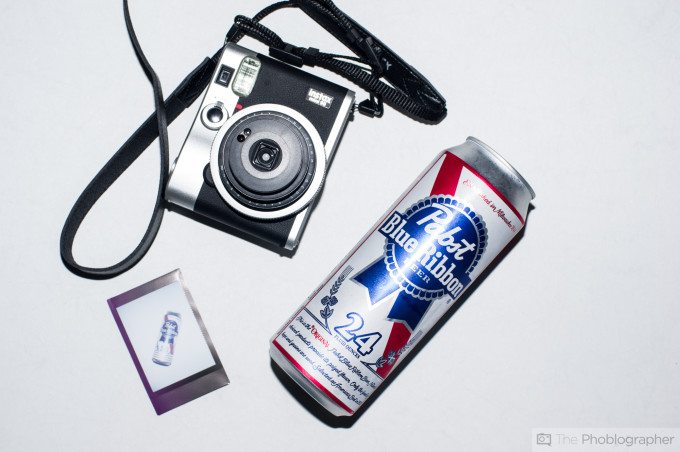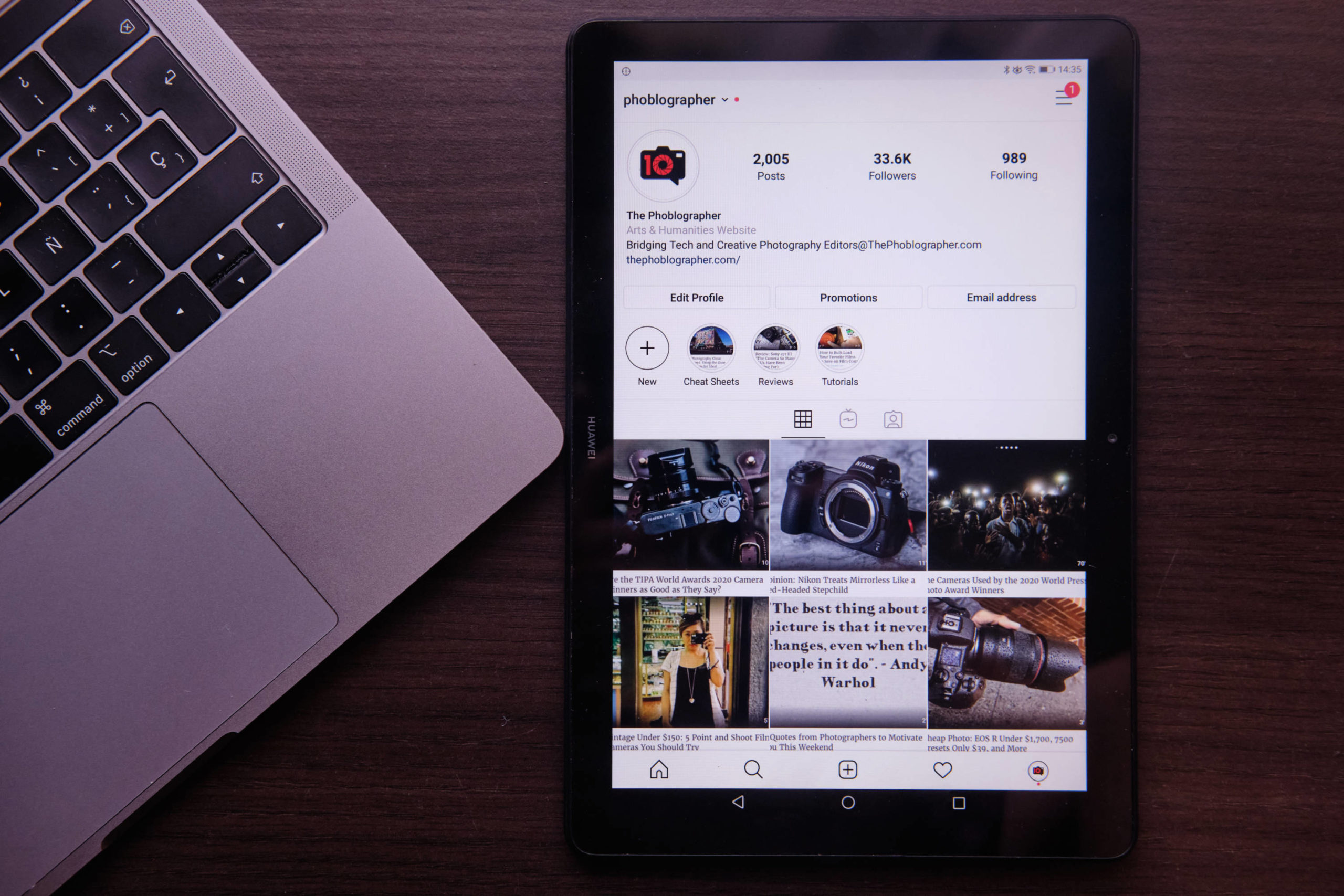Last Updated on 08/31/2020 by Chris Gampat
On the topic of Instagram, I’m a hypocrite — I’m trying to change that.
I’ve long been a critic of Instagram when it pertains to photographers. For quite some time, I’ve argued the platform doesn’t care about the photography community, and that the culture fuels mediocre, copycat work. Frustrated with algorithms and influencers, I’ve thrown everything but the kitchen sink at the social media giant. But I’m a hypocrite. Because throughout all this time, I’ve continued to use the platform, never trying to change the culture, until now.
My Relationship with Instagram

I joined Instagram in 2014. Back then I was full of enthusiasm and ambition, ready to share my work with the world. On paper, Instagram was everything I had been waiting for in a photo-sharing app. It was easy to use, had a simplistic design, and the community vibe had the potential to be great.
But even today, I feel Instagram never quite reaches the potential it showed in the early days of its inception. Instead of being a platform that promotes authenticity, it has become a battleground for narcissists who they all fight to be seen. It feeds into our current culture of selfishness, where we prioritize our appearance and the opinion of others over reality and ethics.
“If we’re allocating words like epic, unbelievable, and amazing for everyday snapshots, then what words do we use for images that are actual quality?”
I get it. We all want to be seen in this world; we all desire validation. Instagram, and other social media sites, have given society a platform to be acknowledged — it highlights the fact that most of us just want to be accepted. But as a consequence, Instagram is now a platform for negativity and false praises. Very few care about supporting others on the app; they only want others to support them.
Instagram Marketing
The broad culture of Instagram extends to the photographic community. Photographers want to get the most followers, maybe even become “Insta Famous.” Because of this, a person’s use of the app becomes very one dimensional. I can see it in the comments, the posts, and the stories: how evident it is most users are implementing strategies they’ve read on a marketing blog. To a certain extent, there’s nothing wrong with that. People are free to do as they please — it’s not for me to police them. But being heavily focused on “InstaMarketing” isn’t free of consequence.

A photographer posted an image of a brick wall with a soda can placed on it. One follower commented, “Epic Shot!” Another photographer shared a photo of someone sitting down reading a newspaper in the street, that received the comment, “Wow! This is unbelievable.” For the photographer who posted a photo of a road sign, I wonder how they felt when one commenter wrote, “This. This is it right here. AMAZING.” If we’re allocating words like epic, unbelievable, and amazing for everyday snapshots, then what words do we use for images that are actual quality? We won’t have any left.
I’d hope most people have enough self-awareness to take such comments with a pinch of salt, but I know many don’t. I know we live in a time of increased pats on the back, and “you can do it attitude,” but at what cost? How can photographers find the work ethic and strength to push on and get better when they’re already receiving the praise they dreamed of for mediocre photography. We are handing out rewards too easily and it reduces the standard of quality across the board.
Time for Change
But here’s the truth; the commenters don’t think the work is epic, far from it. They just want people to appreciate their approval in the hope they will go on to follow them. That’s the reality. And that’s why I’m frustrated with the culture of Instagram.
But again, I’m a hypocrite. How can I blast something so much yet still make it a regular part of my life? Surely I should just leave the app and let people be as they are. I thought about it. However, in the end, I decided that it was an easy route. Instead, I wanted, in some small way, to drive change. Here’s what I’m doing.
Firstly, I implemented a rule for myself. If I can’t say two or more sentences about a photograph, then I will not comment. As a photographer, I understand how people feel about their work. I get the depths of connection one has to something they created. So, I also know, that when photographers share their work with the world, they want those who view it to have the same level of connection. That cannot be communicated with two words, or worse, a few emojis. So I’m trying to be as thoughtful and detailed as possible when I comment on an image. And I will only comment on photographs that I genuinely like. I’m also not against throwing in a little constructive criticism either, if I see the value in doing so.
So, when a photographer scrolls through their comments, reading “nice shot,” “super-duper, and “wow,” they’ll eventually read this:
“Very well thought out photograph. The balance is just right, the color gives it feeling, and the power of humanity sits perfectly. Well done.”
I wrote that because I meant it. I’m almost certain that’s how the photographer also felt when they saw the value in sharing the image. I’ve validated them, not in a false manner, but genuinely. And I’ve received positive responses in return. In response to another comment I made, one photographer wrote, “@danginnpho thank you for your thoughtful comment!”
Respect the Artform
I know I’m not changing anyone’s life with my approach, but I do know I’m giving them something authentic. To me, that’s far more important than playing the game of Instagram solely for my own benefit. But, even still, benefits have come my way. The quality of engagement on my feed has vastly improved. I’m making some solid connections with photographers around the world. And I’ve also seen an increase in the amount of followers I have. I don’t have many followers — I’ve not worked hard enough on the algorithm to get them. But what I do have right now is quality, and that’s more important to me than quantity.
I’m very passionate about photography. Often, that passion leads to scrutiny of the way we approach the art form. I accept Instagram is here to stay, and that’s why I feel deeply about how I’m now approaching it. I want good photographers to get the analysis and praise they deserve, and I want developing photographers to get the feedback they need to push on and improve their skillset. In my opinion, everyone benefits from this.
So if you care about photography, I encourage you to follow the same path. Photography is such a wonderful tool that we have, let’s give it the credit it deserves and not reduce it to disingenuous responses. My work, your work, everyone’s work, deserves far more respect than that. And the best part: Instagram will be a much more rewarding community for its members.


